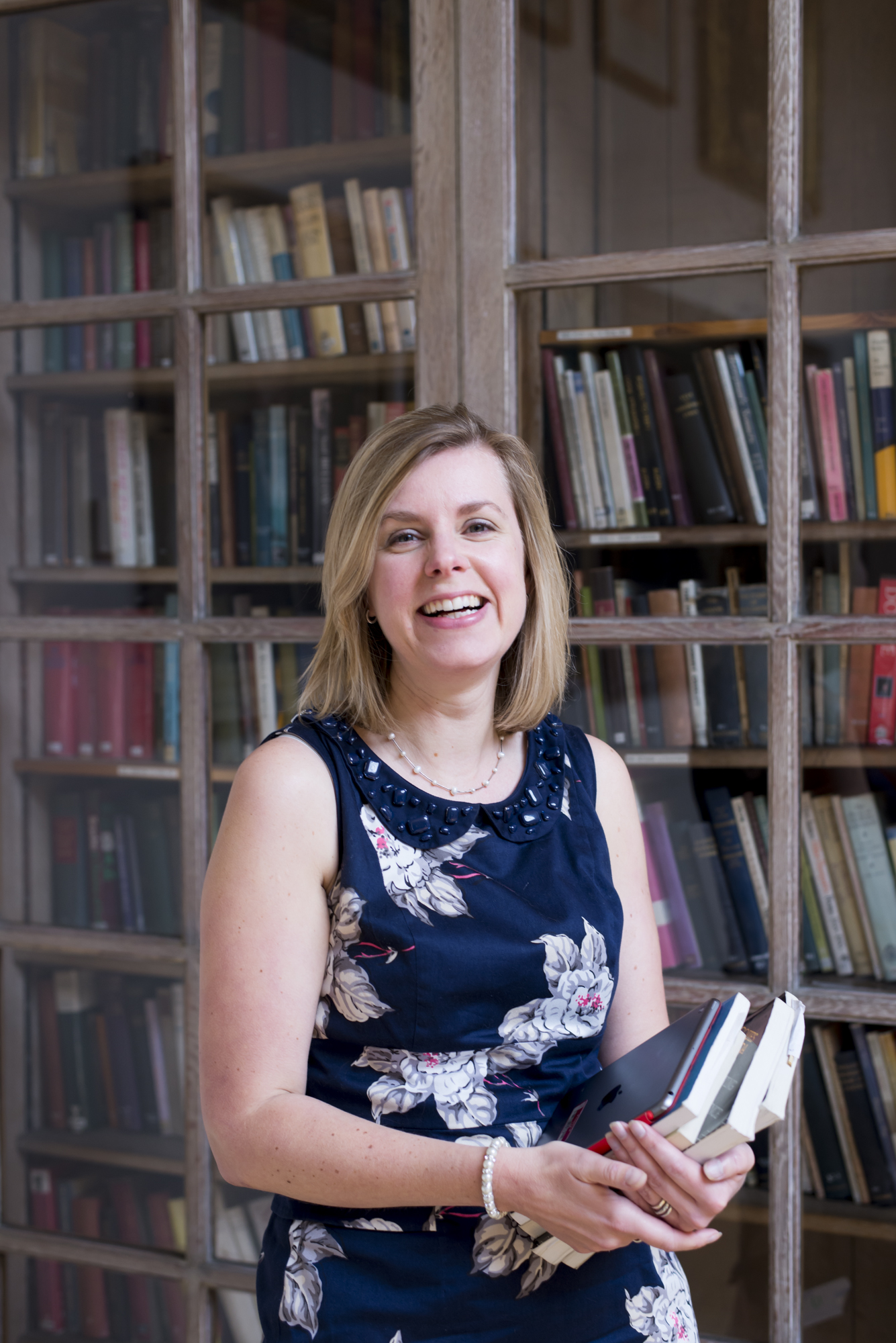 This is my first blog post for the Department of Learning Enhancement and Development (LEaD) at City, University of London, having started as Senior Lecturer in Educational Development shortly after Easter. I’m settling in well and have been made to feel very welcome by everyone in LEaD.
This is my first blog post for the Department of Learning Enhancement and Development (LEaD) at City, University of London, having started as Senior Lecturer in Educational Development shortly after Easter. I’m settling in well and have been made to feel very welcome by everyone in LEaD.
Last week I attended the first day of the UCISA Spotlight on Digital Capabilities held at Southampton Solent University. I was presenting a workshop with a former colleague from LSE, Jeni Brown, who is the IT Training Manager, on ‘Making a Business Case for Digital Literacies.’ We were using the example of the Student Ambassadors for Digital Literacy (SADL) programme that I ran for undergraduate students while at LSE. The programme ran for three years to develop students’ digital and information literacies, but ended last September. One of reasons why SADL ultimately isn’t running was related to it being difficult to demonstrate the business case for a small resource intensive programme. ‘Performance coaching‘ by Nigel Harrison is a model developed they use in LSE IT Training when they receive requests for new courses. Jeni finds many people have already designed a solution to a training issue when they walk in her door and so this model turns things on their head. You start with looking at where people are, where you want them to be and the cost of the gap in developing them. It was a workshop, so people tried out using the model on their own learning and development problems. Some problems delegates were looking to solve were how to get staff to attend educational technology workshops or how to convince senior managers to funding coding courses for students. I really enjoyed running the workshop and looking retrospectively at the Student Ambassadors programme helped me see all the great things we did achieve, despite it ultimately not continuing.
During the day it was heartening to hear about student digital literacy programmes and schemes at other universities. The opening talk from Fiona Harvey at Southampton University about their Digital Champions scheme, was really inspiring. The scheme started around the same time as LSE’s programme and had support from the Pro-Vice Chancellor for Education. She talked about the importance of paying students, so they took their role as a champion seriously, but so that the scheme was open to all students, not just those who didn’t need to work while studying. I also enjoyed Osama Khan and Fiona Cooksley’s talk on DigiBuds, the scheme they run at Southampton Solent. The DigiBuds help with a wide range of tasks, such as embedded classroom support for academics, helping train other students in video editing, they also offer drop in sessions on a range of topics from digital photography to cloud storage and have visibility in the library.
In the afternoon, between running my workshop twice, I managed to catch the talk by Julie Adams from Staffordshire University on the digital diagnostic tool they developed and piloted with staff. It was adapted from the Jisc Digital capabilities tool, but they developed their own survey in the end. We were able to test out our digital capabilities using the tool, which then signposts staff to appropriate learning and development. She pointed out (and not just for my benefit) that copyright was an area where many staff felt they needed more development at Staffs. Julie also flagged up the AllAboardHE project from Ireland which has developed a similar diagnostic tool.
It was a great day and The Spark is a fantastic venue in Southampton. I was disappointed not to stay for the second day, but useful to hear how digital literacies continue to be supported across higher education both for students and staff.


Jane,
Really interested to read about SADL – you talked about making the business case being difficult for a small programme? Do you think you could have scaled this and implemented it on a larger scale? This ticks two boxes which are of interest to me (and I think quite a few others across City): digital literacy and peer mentoring. So it would be interesting to discuss how to develop the ideas further
Hello Martin. Thanks for your message. Please do get in touch with me as I’d be happy to talk to you further about the SADL programme. Scaling up the programme was the intention, however it needed some creative thinking because running small group workshops for a cohort of 1400 students takes a huge amount of staff resources. I’d be very happy to meet you and speak about supporting digital literacies and the peer mentoring aspects of SADL. Will you be at the Learning at City Conference next week? All the best, Jane